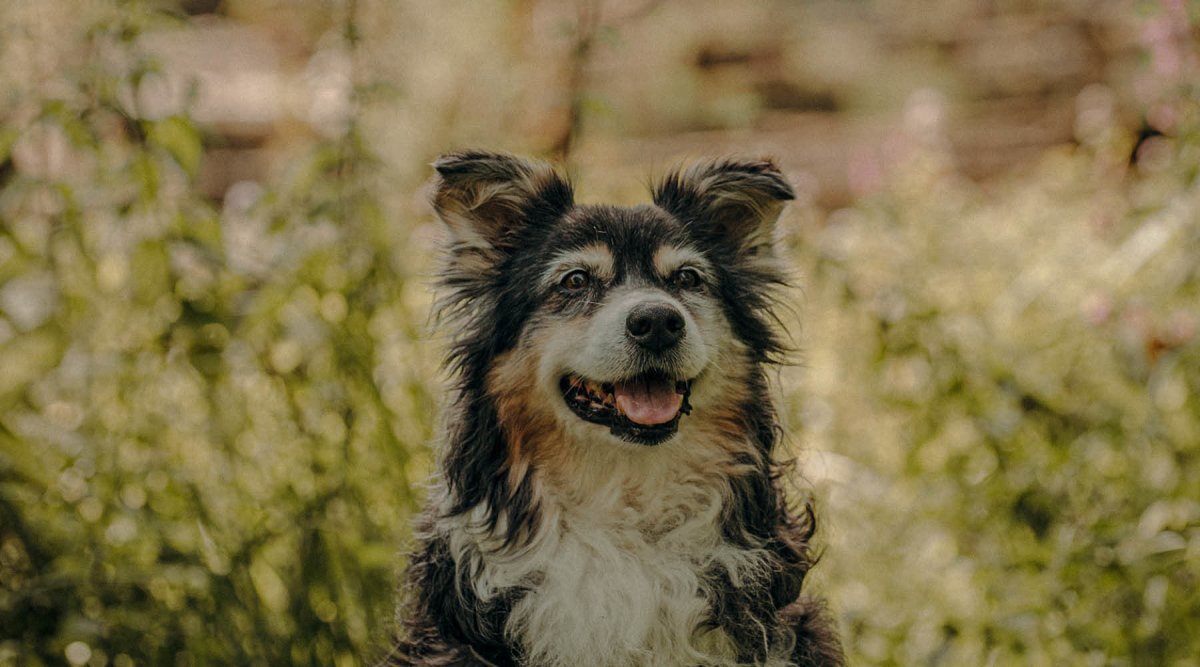Most dogs love to romp in the snow, roll around in it or chase after snowballs. Many four-legged friends eat snow in the process, which is unfortunately not as harmless as it sounds. The ingested snow can attack the stomach lining and lead to snow gastritis - a common reason why patients come to my clinic at this time of year.
What is snow gastritis?
Eating snow leads to acute inflammation of the stomach lining in some four-legged friends - so-called snow gastritis. Dogs react differently to eating snow. Some four-legged friends have no problems even with large amounts of snow, while others show symptoms very quickly. If your pet has a sensitive stomach or the snow is contaminated - by road salt, grit, antifreeze and dirt - the mucous membranes of the stomach become irritated particularly quickly.
What are the symptoms of snow gastritis?
The severity of the symptoms varies from case to case and often depends on how much snow was eaten, how much it was contaminated and how sensitive your dog's stomach is.
Typical symptoms are
- Gastrointestinal noises ("gurgling")
- Loss of appetite
- Abdominal pain (tense abdominal wall, arched back)
- Diarrhea (in severe cases bloody diarrhea)
- Vomiting (in severe cases bloody vomiting)
What to do if the dog has eaten snow?
Gentle gastrointestinal diet
If your dog shows any of the symptoms listed after eating snow, the inflamed mucous membranes must first be soothed. No food should therefore be given for the first 24 hours, after which you can give your dog small portions of a gentle gastrointestinal diet, e.g. boiled rice and chicken.
Plenty of fluids
To avoid dehydration due to diarrhea and vomiting, make sure that your dog always has plenty of water available. The water should not be colder than room temperature.

Natural remedies
Natural preparations made from elm bark help to soothe the irritated stomach lining. The syrup from the elm bark acts like a protective layer on the irritated mucous membrane and thus supports healing. At the same time, elm bark supplies the body with important vitamins and minerals such as magnesium, calcium, sodium, vitamins A, B, C and K.
If the snow has hit your four-legged friend's intestines, we recommend a natural mixture of various herbs that have a calming, regenerating and harmonizing effect on the digestive organs. These include aniseed, camomile, pennywort, thyme, hawthorn leaves, peppermint, fennel, lemon balm, caraway and bloodroot.
If your pet shows severe symptoms, i.e. if his diarrhea or vomit is bloody, or if the symptoms persist for several days, go to the vet. In severe cases, I give injections to relieve the cramps and inflammation.
After such a case of snow gastritis, your four-legged friend's immune system is under attack. I therefore recommend my patients to pay particular attention to a healthy and balanced diet afterwards and to strengthen the immune system with a mix of natural herbs to support the immune system.
How can you prevent snow gastritis?
If you have a dog that likes to eat snow, you can imagine that it is not easy to stop him from doing so. Since our dear four-legged friends do not conclude that their gastrointestinal problems have anything to do with eating snow, they need our support as owners.
If your four-legged friend has a sensitive stomach, then avoid playing in the snow - throwing snowballs in particular is unfortunately taboo. It is better to take your pet for a walk on a lead. Puppies should be banned from eating snow from the outset, but older dogs can also be prevented from doing so with a well-trained "no". However, if your four-legged friend gets out of control in freshly fallen snow, it is best to give him a preventative dose of elm bark powder to protect the mucous membrane and make sure he eats a diet that is gentle on his stomach.
Even if it's hard to give up the snowball fight, it's better to replace it with other games that are just as much fun - for example, hide your four-legged friend's favorite toy in the house and let him search for it - this will keep him mentally and physically on his toes. Your four-legged friend will thank you for it - and spring won't be long in coming!
As always, feel free to share this article with your dog owner friends.
P.S.: Paw care in winter? My colleague Angelica has 5 tips for healthy dog paws put together.


